QTRL Cohort 2024-25
Introducing the 2024-25 cohort for the Queer and Trans Research Lab at the Bonham Centre for Sexual Diversity Studies!
Faculty Lead and Director of the Mark S. Bonham Centre for Sexual Diversity Studies
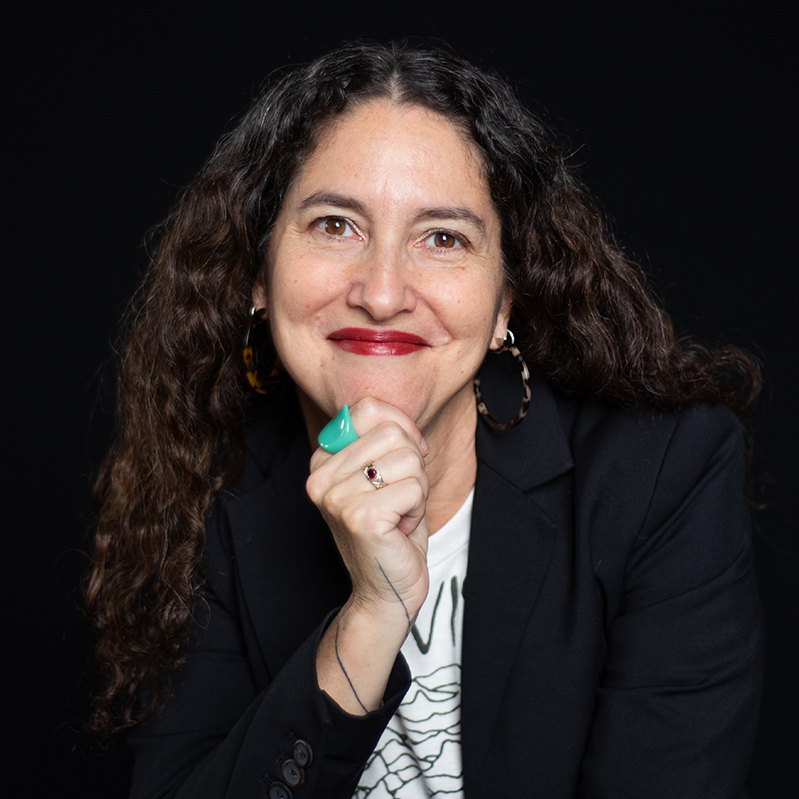
Dana Seitler is Professor of English and Director of the Bonham Centre for Sexual Diversity Studies at the University of Toronto. She is the author of Atavistic Tendencies: The Culture of Science in American Modernity (2008) and Reading Sideways: The Queer Politics of Art in Modern American Fiction (2019), which was a 2020 finalist for the Lambda Literary Award for Best Book in LGBTQ Studies. She has published in several academic journals including American Quarterly, GLQ, Criticism, Cultural Critique, American Literature, Genre, and A/SAP. Her current project, Narcopoetics: Biopolitics, Withdrawal, Ecstasy focuses on the politics and aesthetics of the opioid crisis at the intersections of race and sexuality in the U.S.
Research Associate: QTRL Program Coordinator
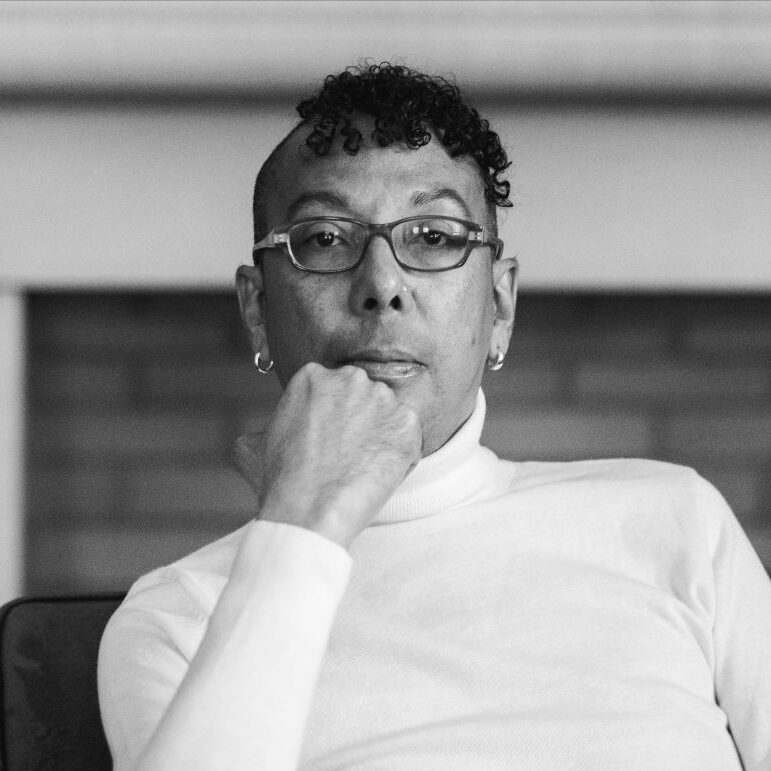
Christopher (C.G.) Smith received their Ph.D. from the Department of Social Justice Education – Ontario Institute for Studies in Education (OISE) / University of Toronto in 2020. Their research interests reside in the productive interstices of Black Diaspora Cultural Studies, Black expressive cultures and practices, Black and Queer geographies, Queer of Color Critique, and Black Feminist theories of decolonization. Their first manuscript tentatively titled “Itinerant Hospitalities: Black. Queer. World-making”, explores the aesthetic and performative strategies cultivated by contemporary Black LGBT+ artists and activists that enable collective responses to the persistence of HIV in Black communities globally. Their publications include “Where U From, Who U Wit!?”: Black Pride Festivals as Itinerant Hospitality” in the special issue “Queer Canada” in the Journal of Canadian Studies (2020). Their book chapter, co-authored with Dr. Heather Sykes, “Trans*, Intersex and Cisgender issues in Physical Education and Sport” (2016) offers a decolonial analysis of Trans* inclusive policy initiatives addressing Trans* experience in K-12 educational settings. It will be reprinted in the 2nd edition of Queerly Canadian: An Introductory Reader in Sexuality Studies in 2022 by Canadian Scholar’s Press. Their most recent article “Matters of Formation and the Queer Afterlives of Stuart Hall” (2024) can be found in SX Salon, a Small Axe project.
Martha LA McCain Postdoctoral Fellows

LJ Slovin received their PhD in Curriculum and Pedagogy from the University of British Columbia. Their first book, Fierce, Fabulous, and Fluid: How Trans High School Students Work at Gender Nonconformity, is based on a yearlong ethnography conducted with trans youth in a high school. In the study, Slovin interrogates how dominant approaches to trans-inclusivity in schools reproduce constrained understandings of trans identity that are informed by and uphold structures of whiteness, settler colonialism, and ability. Slovin focuses on how this context demands significant labour from youth, including work they must perform daily to navigate relationships with teachers, peers, the curriculum, policy, the physical space of the school as well as to build worlds outside of adult surveillance to exist in their genders more capaciously. Before joining as a Postdoctoral Fellow at the Bonham Centre, Slovin was an instructor at the Institute for Gender, Race, Sexuality and Social Justice at UBC and in the Women’s Studies Program at Langara College. They will join the faculty at the School for Child and Youth Care at the University of Victoria in 2025. Slovin was a Vanier Scholar, the 2020 recipient of the Pat Clifford Award, and the 2021 recipient of the Queer SIG Article of the Year Award at AERA. Their work has been published in Curriculum Inquiry, Sex Education, Journal of LGBT Youth, and RERM.
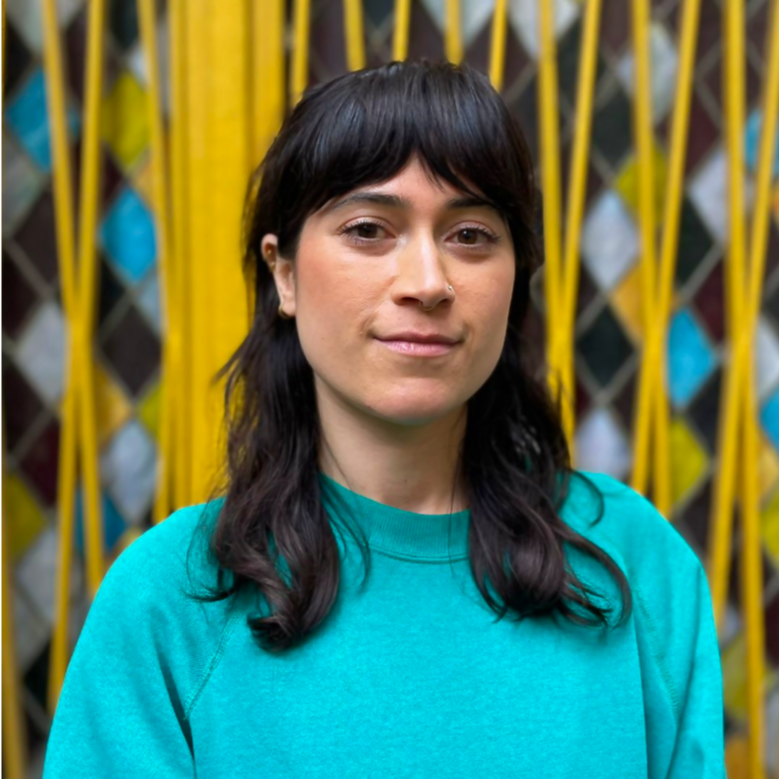
Ruth Ramsden-Karelse received her DPhil in English from the University of Oxford. She is currently completing her first monograph, Gays and Girls Make Worlds, which shows how gender and sexually diverse communities of colour living under apartheid in South Africa undertook the politically and culturally significant work of creating more just and expansive realities, with a particular focus on the GALA Queer Archive’s Kewpie Photographic Collection and associated depictions of Cape Town’s lost District Six. Building on this research, Ruth’s next major project will offer the first critical genealogy of the Southern African word moffie: customarily a pejorative descriptor for individuals read as effeminate men that has been recently reclaimed as a defiant term of self-identification in a manner comparable to queer in the global North. Prior to joining the Bonham Centre as a Postdoctoral Fellow, Ruth has been a Fellow at the Berlin Institute for Cultural Inquiry, a Research Associate at the University of Manchester’s Centre on Dynamics of Ethnicity, and Merton College’s inaugural Stuart Hall Doctoral Scholar. She remains an Associate of the Stuart Hall Foundation and is an organizing member of the queer South African collective Salon Kewpie. Her writing has appeared in publications including GLQ: A Journal of Lesbian and Gay Studies and Gender, Place & Culture: A Journal of Feminist Geography and has been awarded a prize by the Queer African Studies Association.
Artist-In-Residence

Vivek Shraya is an artist whose body of work crosses the boundaries of music, literature, visual art, theatre, TV, film, and fashion. A Canadian Screen Award winner, Vivek is the creator and writer of the new CBC Gem Original Series How to Fail as a Popstar, which had its international premiere at Cannes. She has collaborated with musical icons Jann Arden, Peaches, and Jully Black, and was nominated for the Polaris Music Prize. Her best-selling book I’m Afraid of Men was heralded by Vanity Fair as “cultural rocket fuel,” and she is the founder of the award-winning publishing imprint VS. Books, (featured on CBC’s Canada Reads) which supports emerging BIPOC writers. Vivek has been a brand ambassador for MAC Cosmetics and Pantene, and she is a director on the board of the Tegan and Sara Foundation.
Martha LA McCain Faculty Fellows
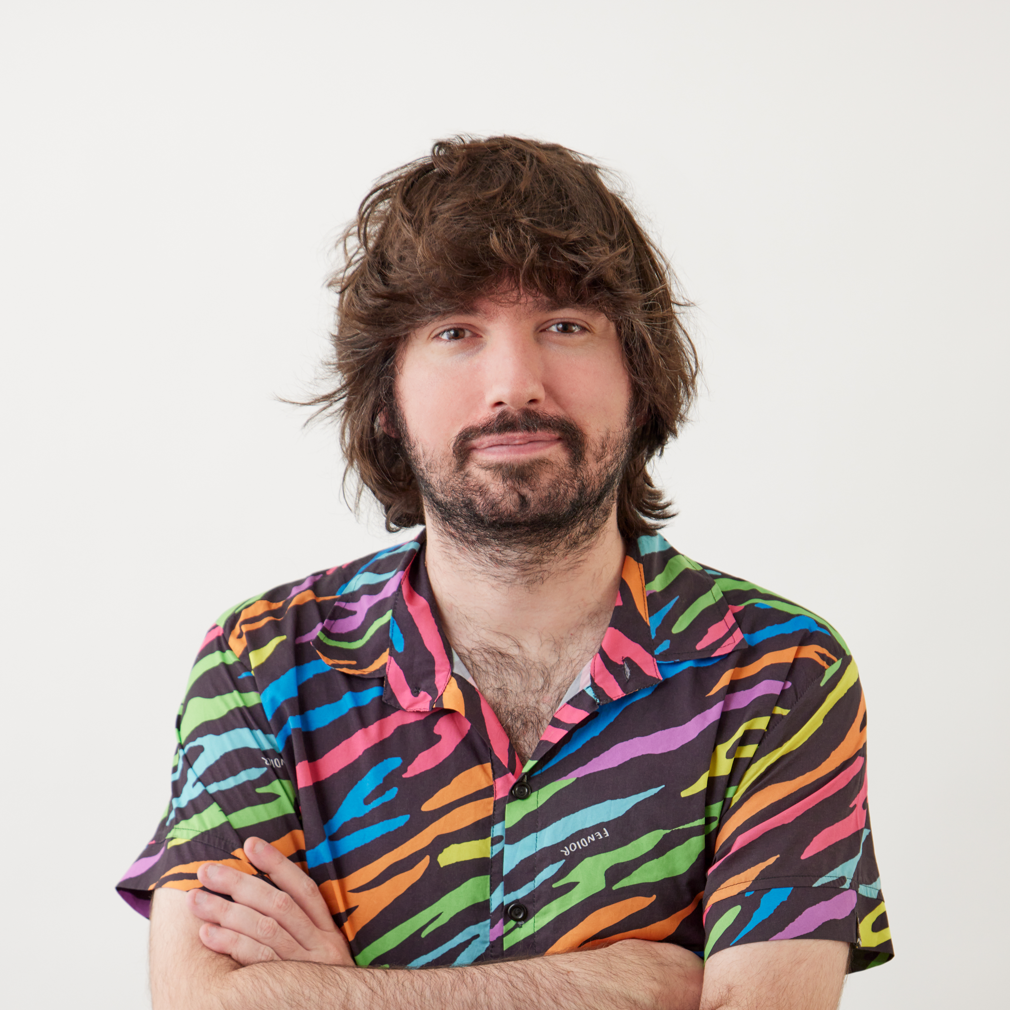
Rafael Grohmann is Assistant Professor of Media Studies and Critical Platform Studies in the Department of Arts, Culture and Media & Faculty of Information. His research focuses on how workers are learning and failing to govern digital technologies, such as platforms, data, and artificial intelligence (AI), with a focus in Latin America. During the faculty fellowship, Grohmann will conduct the research for his project Failure in Queer and Trans Worker-Owned Platforms. The aim of this project is to analyze how the concept of queer failure can be applied to understand platform cooperatives owned by queer and trans working people. Working with and on these queer and trans-led platform labour cooperatives in São Paulo and Buenos Aires, Grohmann engages platform and digital labour studies via queer and trans methodological innovations in digital research. The project informs his SSHRC-funded project Worker-Owned Intersectional Platforms (WOIP), with a focus in Brazil and Argentina. During the faculty fellowship, Grohmann will also work on his first book project in English, Laboratories of Organizing: Workers Failing and Learning How to Govern Digital Technologies. The notion of queer failure is one of the core concepts of the book, which will provide a notion of failure from a queer and anti-capitalist framework to understand the experimental, out of place, incomplete movements of Latin American workers – especially queer, trans, black and brown people, and women – in their struggles around platform labour as they work to build and govern their own digital technologies.
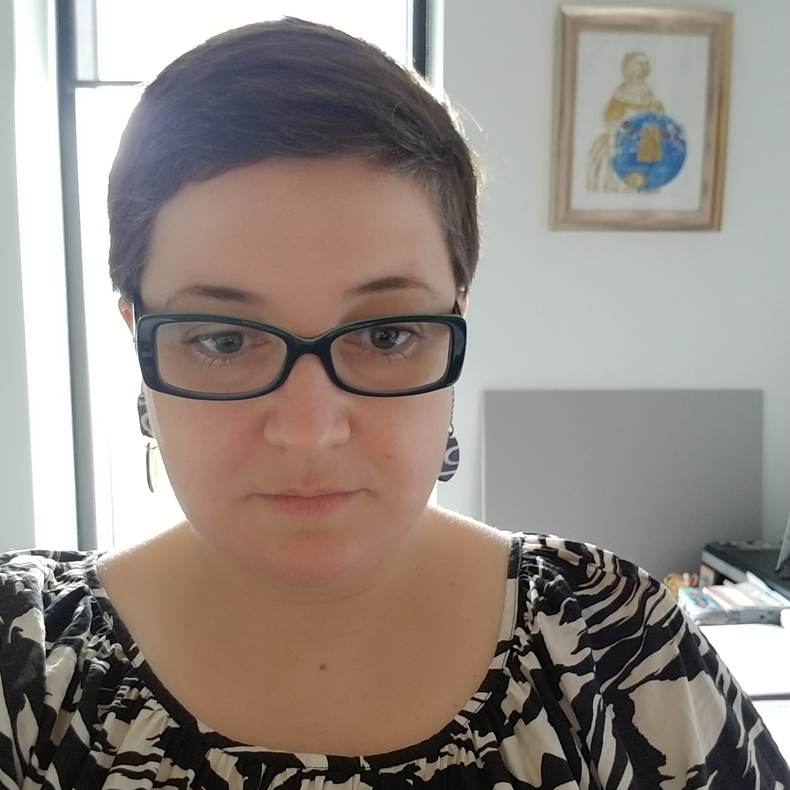
Liza Blake is Associate Professor of English, with research interests in early modern literature, the histories of philosophy and science, and asexuality studies. With two U of T students, she founded the online Asexuality and Aromanticism Bibliography, a resource with tagged bibliography entries meant to help scholars find relevant writing on the topics of asexuality and aromanticism studies. She has published on “Teaching Premodern Asexualities and Aromanticisms” in The Sundial and is co-editing (with Catherine Clifford and Aley O’Mara) a collection called Early Modern Asexualities. While at the QTRL, she will be bringing the edited collection to completion, updating the online Bibliography, and beginning work on a new monograph entitled “I want not love”: The Asexuality and Aromanticism of Early Modern Love Poetry. The book argues that though the modern trend is to read Renaissance love poetry as erotic and saturated with desire, it is in this body of work that we can find some of the clearest first-person assertions of never having experienced attraction or desire, so that we might label this poetry as one of our earliest “asexual archives.” But it also argues we cannot embrace these early forms of ace and aro representation without critically analyzing the misogyny, racism, and ableism that that “asexuality” includes. Through careful close reading and in conversation with modern theory, the book will dissect early modern love poetry, tracing the long afterlife of this poetry in the ways we talk about, theorize, and normalize sexual desire and romantic attraction today.
Community Organizers In-Residence
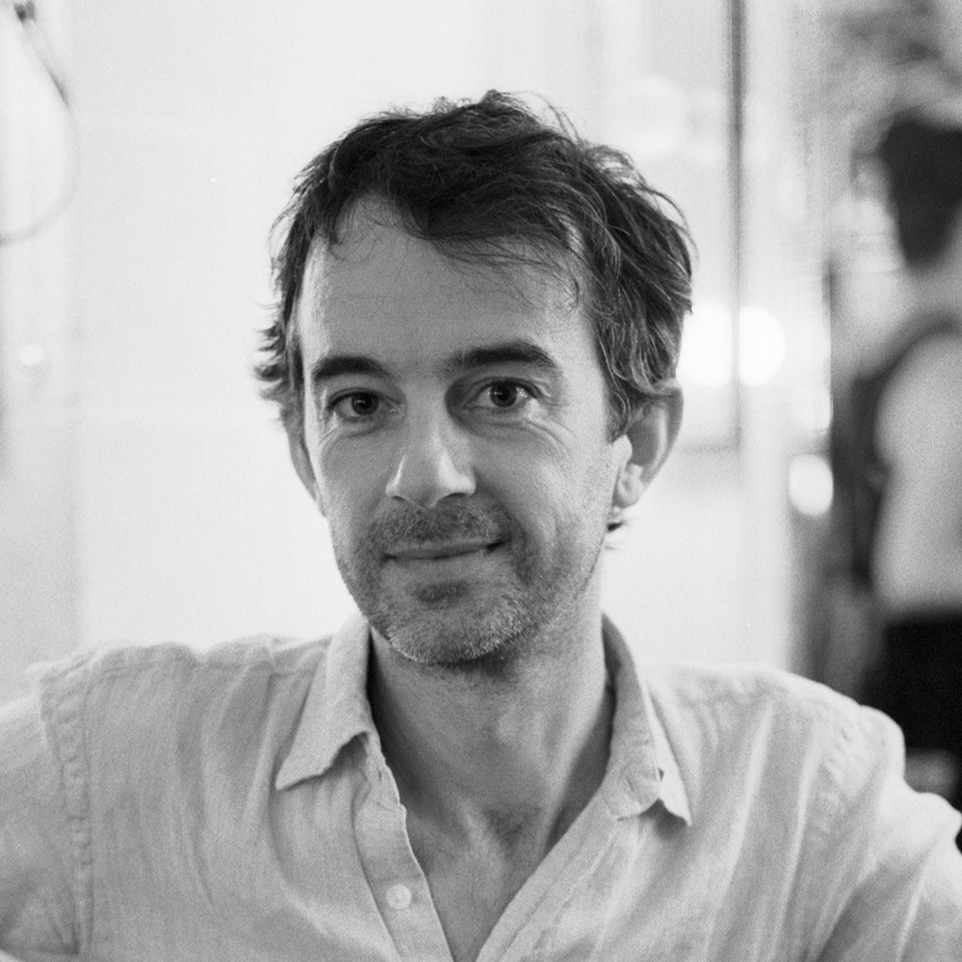
Shaun Brodie (he/him) is a classically trained trumpet player with a performance degree from the University of Victoria, and extensive experience as a session and freelance musician. Performing live and in-studio with many of Canada’s top indie acts, Shaun has toured internationally and appeared on a wide spectrum of stages including The Late Show with David Letterman and the Glastonbury Festival. In 2014 Shaun founded the Queer Songbook Orchestra (QSO), a formidable 14-piece chamber pop ensemble dedicated to expressing and uplifting 2SLGBTQ+ narratives. In recent years this project has expanded to now include the Queer Songbook Youth Orchestra, an ensemble providing performance opportunities and mentorship to queer, trans, questioning and allied youth; as well as QSO Kids, which offers programming designed to nurture inclusivity and acceptance for elementary school classrooms. A highly collaborative, community-based project, the QSO have worked with 200+ collaborators and toured extensively throughout Canada and were longlisted for the 2018 Polaris Prize for their collaborative album with Vivek Shraya. While with the Queer and Trans Research Lab, Brodie will focus his time on finding ways to expand on the foundation the QSO has built since 2014 and grappling with questions such as: How can we continue to cultivate an effective and ongoing space for a 2SLGBTQ+ youth focused program to flourish? How can we further develop programming for a k – 6 demographic which balances entertainment and education in meaningful and insightful ways? How can we better connect with a broader spectrum of the community and facilitate an even wider selection of experiences being brought to light? How can the QSO address these and other big picture questions in a shifting political environment which is posing more and more obstacles for genuine queer and trans representation?
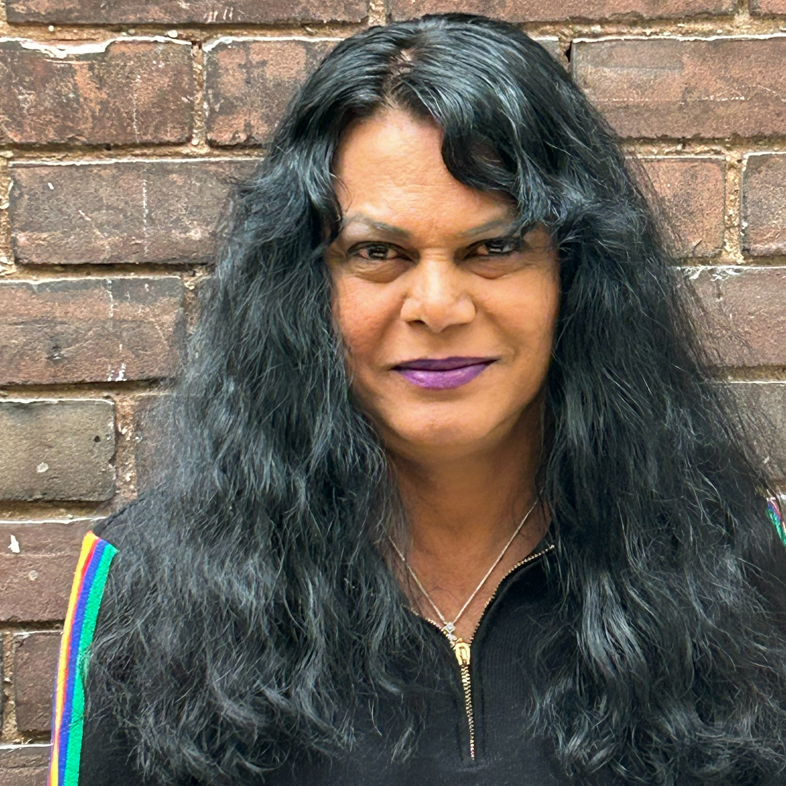
Yasmeen Persad is a passionate community leader, advocating for the rights of and providing programming for trans and gender diverse people, particularly trans people of color, trans people living with and/or affected by HIV, trans newcomers, and trans women who are sex workers. As creator of the Trans Women HIV Research Initiative (TWIRI) at Women’s College Hospital, Persad has extensive experience conducting community-based participatory research with trans and gender diverse communities. Yasmeen has worked for more than 15 years with trans people of intersecting identities and experiences to create opportunities, reduce barriers, and increase access to health and social services across the province, country, and internationally. During her year with the QTRL, she plans to create a series of brief, strengths-based videos that aim to empower and encourage trans women of color to discuss their sexual health and speak about HIV in a positive light. The videos will discuss pre-exposure and post-exposure prophylaxis (Prep and PEP), which, while widely available, are not accessible and inclusive of trans women’s voices. The videos will debunk myths around HIV and gender-affirming care, share information about HIV among trans women, and work to decrease social isolation in our community. The overarching goal of these videos will be to reduce both internalized shame and stigma among trans women of color, including trans women who are sex workers, who are often left behind in these conversations. Additionally, these videos can be shared with service providers to help reduce the stigma they may perpetuate.
Graduate Research Assistants
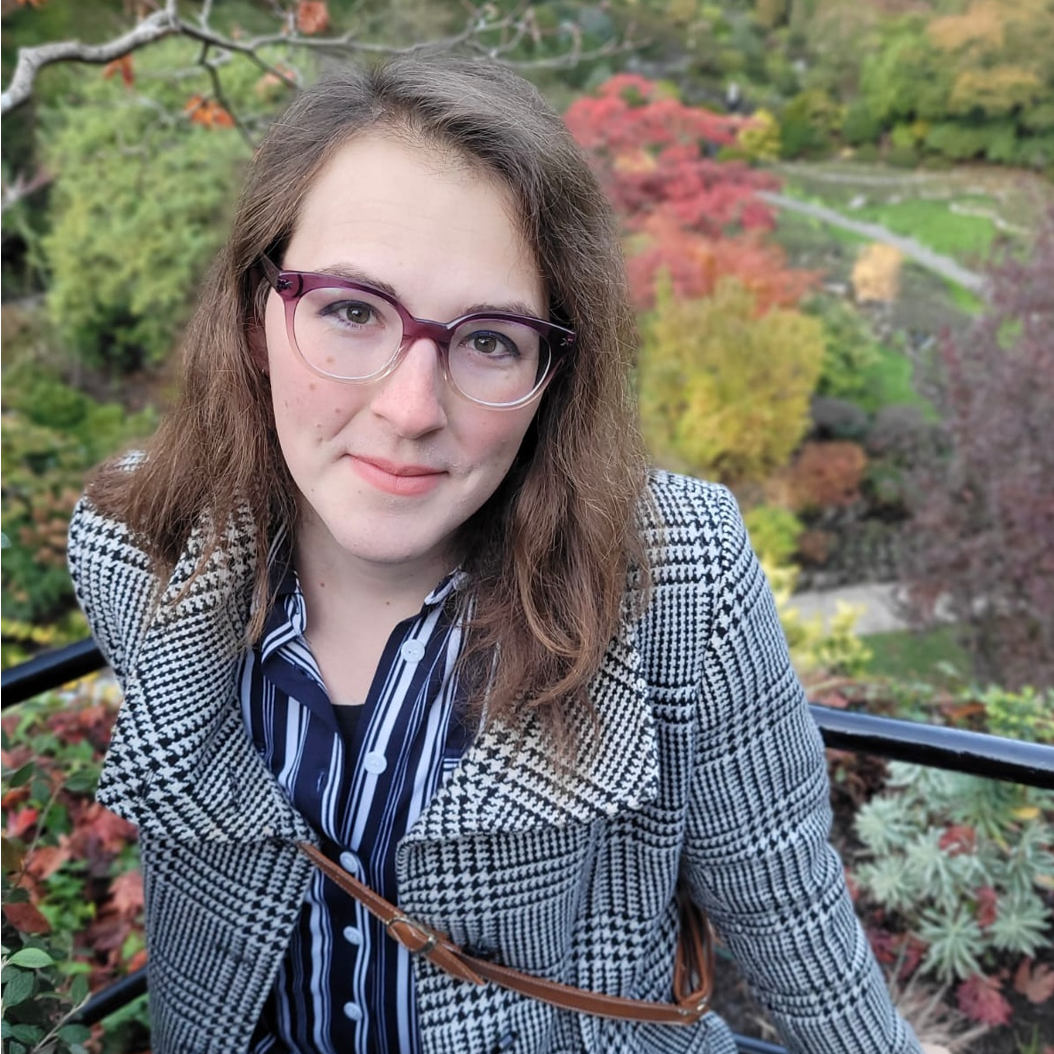
Petra Totten (BA, MFA) is an award-winning nonfiction film and video artist currently based in Toronto, Ontario. Her work has won awards at the Emmys and InsideOut, and has been screened across Europe, Asia, and North America. Currently pursuing a PhD in Cinema Studies and Sexual Diversity Studies at the University of Toronto, Totten’s work is exploratory in nature, seeking to highlight the beauty in lived experience; utilizing the essay film form and visual anthropology to represent queer and trans communities in ways grounded in care and mutual respect.
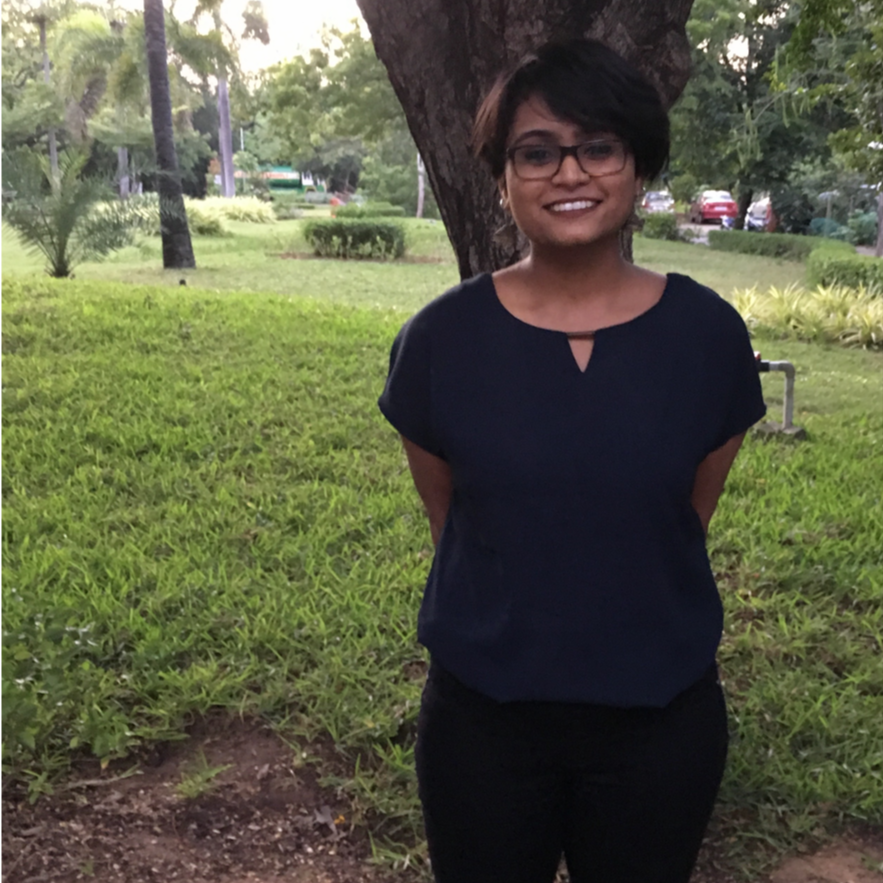
Upasana Bhattacharjee is a PhD student at the Faculty of Information and Sexual Diversity Studies. Their dissertation “Men, Media, Mohalla: Spatial politics of racialised platform workers in Toronto” explores how mobility and urban infrastructures become sites and sources for the production of masculinities. Food delivery platforms create spatial patterns and temporal rhythms of congregation (for instance, on sidewalks and intersections, or close to laundromats) for their South Asian workforce. By examining the racial and gendered histories of labour in settler colonial spaces, Upasana explores how cities are (re)imagined and (re)organised through technology. Their research works in conversation with queer of colour critique to examine how racialised masculinities are shaped through non-normative kinship structures, temporalities, and migration.
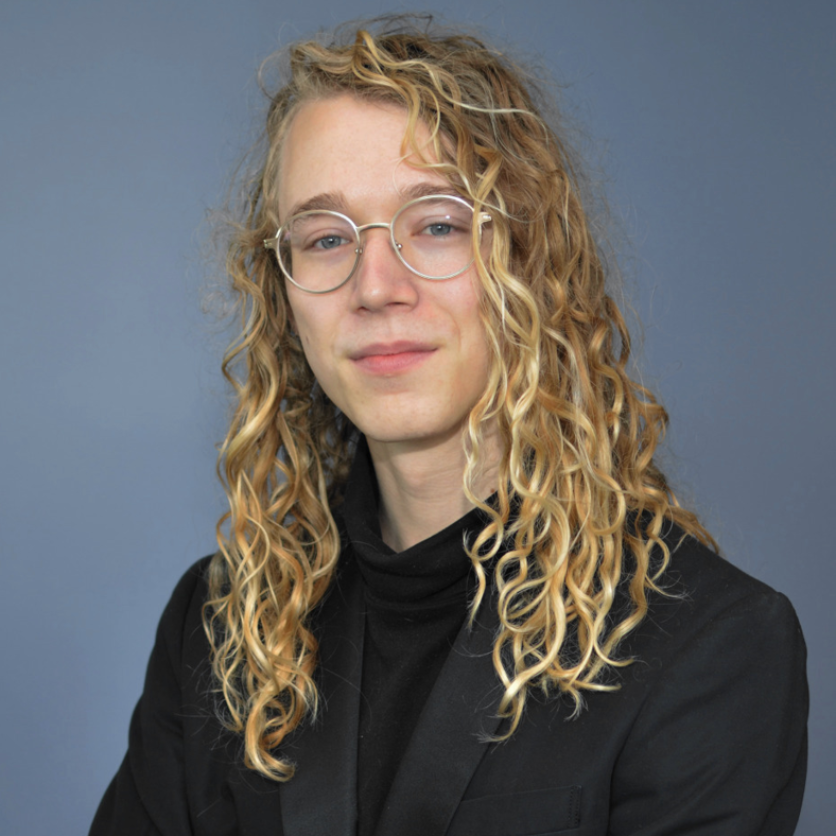
Wiley Sharp is a Doctoral Student in Urban and Cultural Geography and Sexual Diversity Studies. Their dissertation, The underbelly of the colonial metropole: Queer and trans pasts and presents in Toronto’s Bloor Viaduct examines the Bloor Viaduct as a complicated place. The double-decked truss-arched bridge stretches 960 meters across the Don Valley, facilitating flows of people and goods that make Toronto’s urban life possible. The viaduct is also one of the most used suicide sites in the world: more than 400 people have ended their lives there before the construction of a suicide barrier in 2003. Yet, the underbelly of the viaduct is also a site of queer and trans survival in the raves that take place beneath its ironwrought arches. The viaduct, then, is a place of many lives and deaths, a nexus of the settler-colonial power that brought it into being. What are we to make of the vivacious queer and trans lives that take root amid the viaduct’s deathscapes? This project combines archival research into the colonial-modern history of the viaduct, the migrant laborers who constructed it, and the rather queer suicides that haunted its first hundred years, with interviews with the queer and trans people who appropriate the infrastructure of the viaduct for other ends. In doing so, it explores how queer and trans people make their lives in the colonial-modern metropole of Toronto, and how they grapple with the hauntings of its violent pasts and presents.
Graduate Dissertation Completion Award Recipients
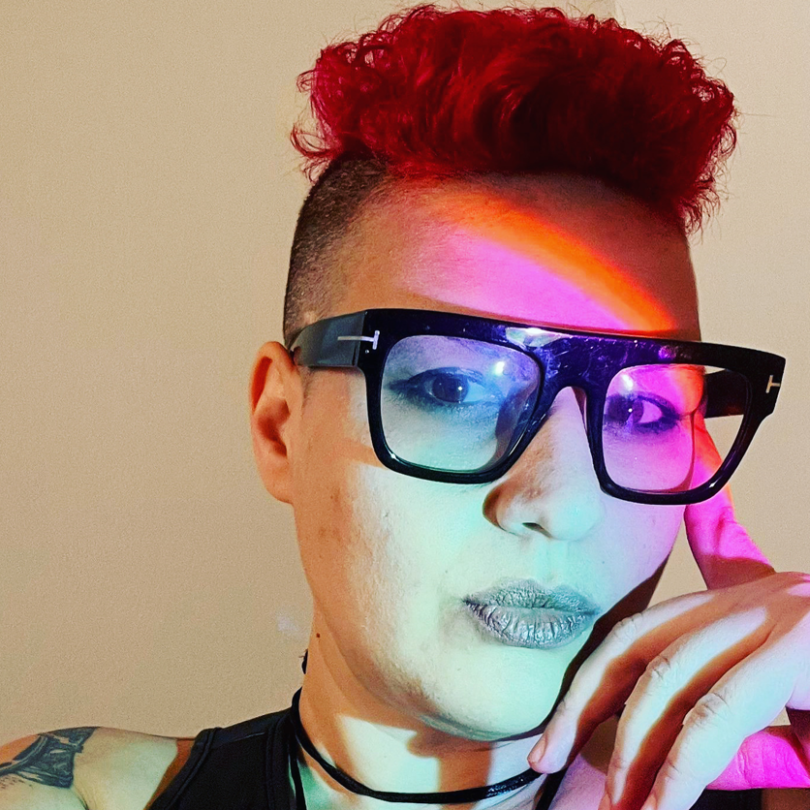
Maya El Helou
Ph.D. Candidate, Socio-Cultural Anthropology & SDS Collaborative Specialization.
Dissertation Title: “On the verge of something, anything, maybe nothing and maybe life or the lack of thereof: Queer and Trans insurgencies in urban Beirut”
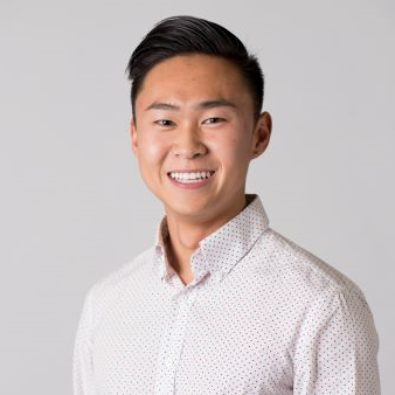
Samuel Yoon
Ph.D. Candidate, Women and Genders Studies Institute and Sexual Diversity Studies.
Dissertation Title: Reimagining Violence: Queer and Feminist Performance Across Asia North America
Undergraduate Research Assistants
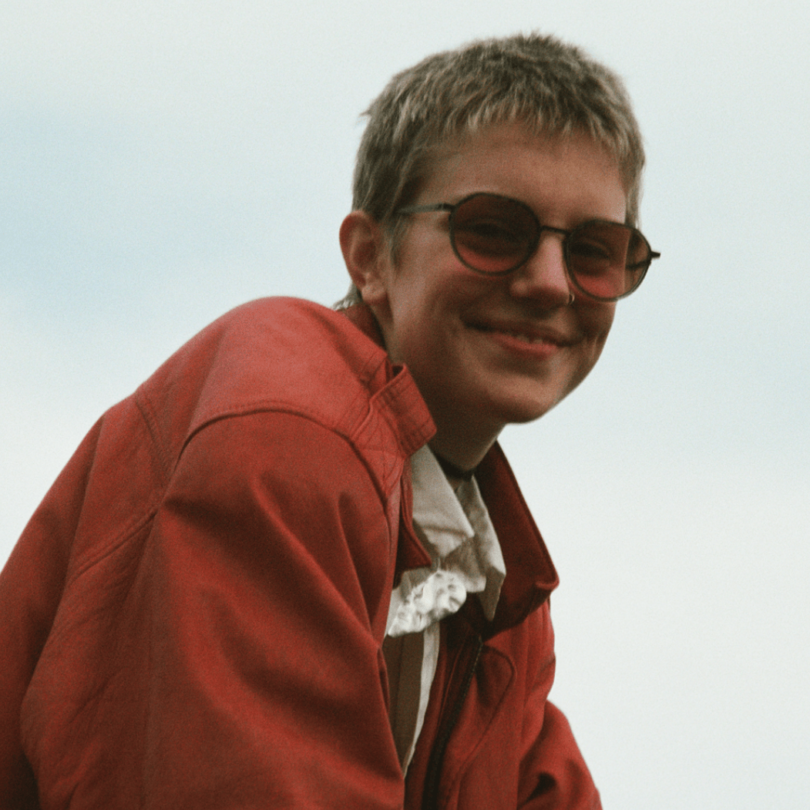
Sadie Morris
Specialization in Sexual Diversity Studies; Critical Studies in Equity and Solidarity; Women and Gender Studies (WGSI)
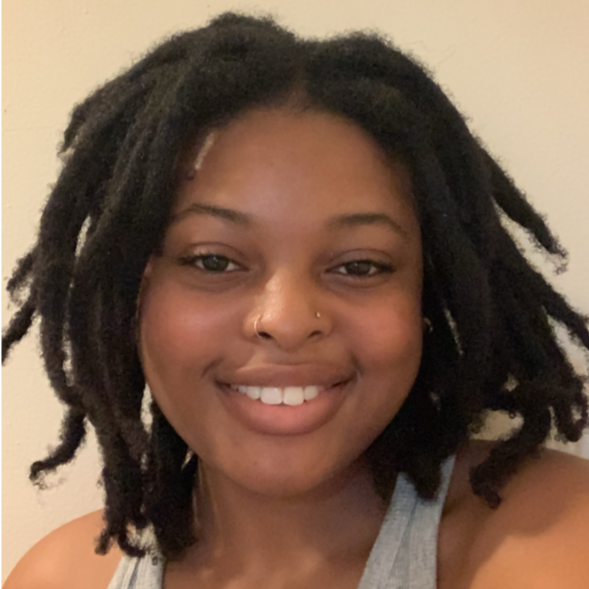
Marissa (Issa) Reece-Charles
Sexual Diversity Studies; Human Geography; Caribbean Studies
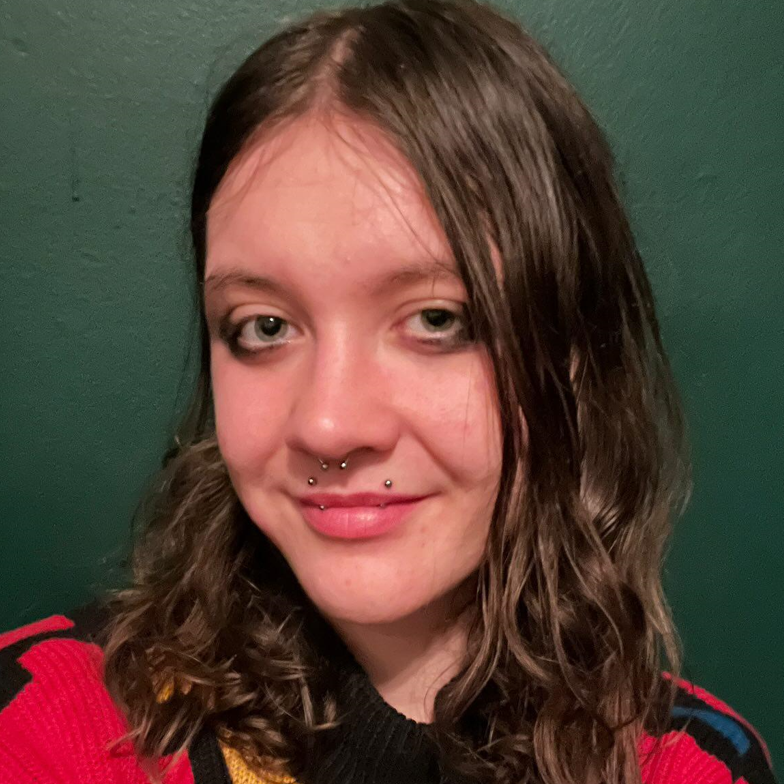
Ghost Mitchell
Sexual Diversity Studies; Drama
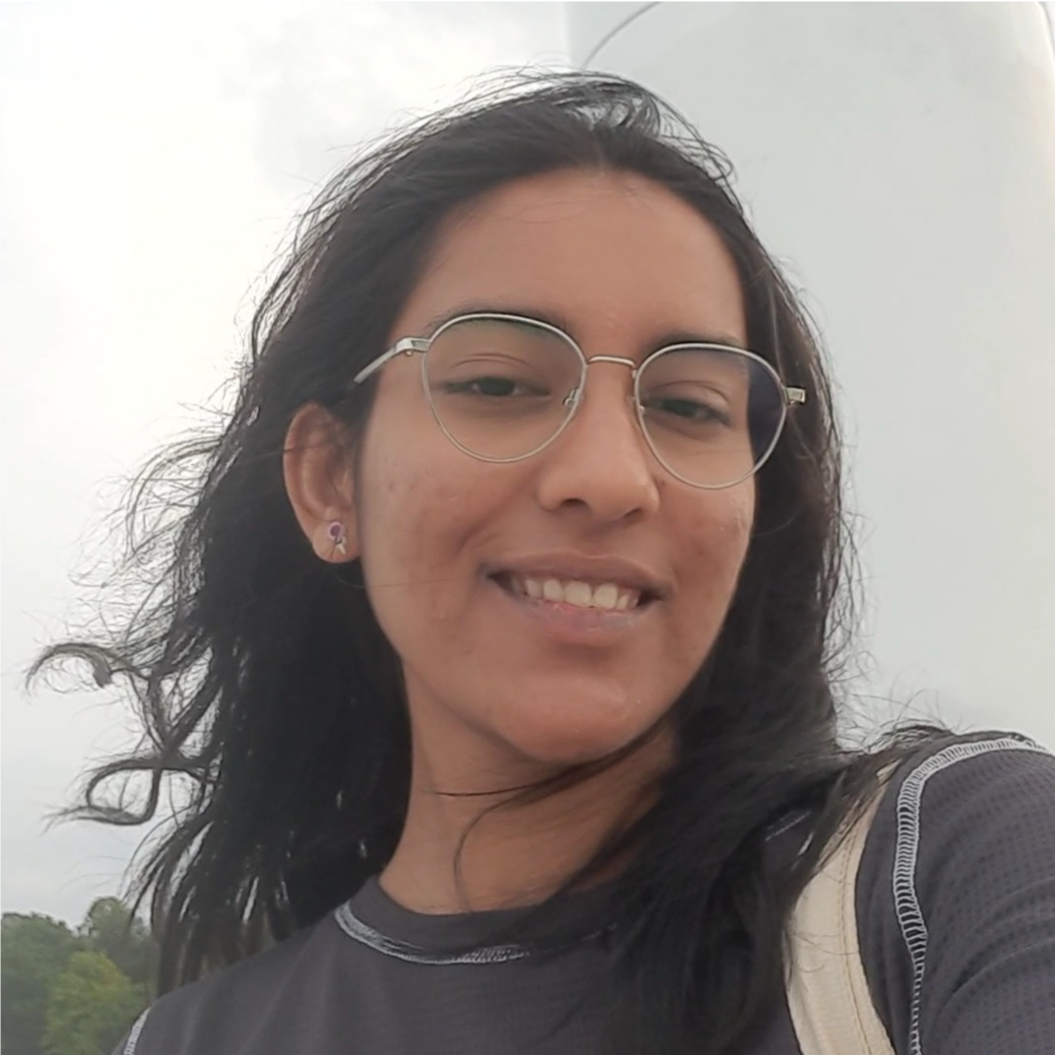
Japneet Kaur
Sexual Diversity Studies; Drama
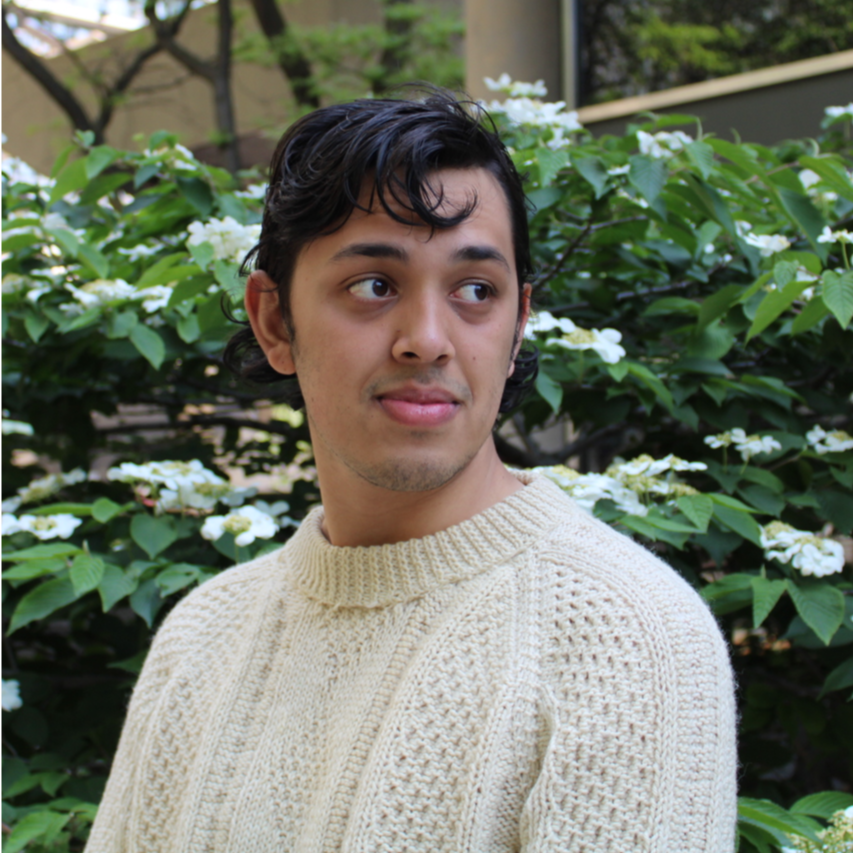
Cameron Miranda-Radbord
Sexual Diversity Studies; Canadian Studies; Critical Equity & Solidarity Studies

Lami Islam
Sexual Diversity Studies; Critical Equity & Solidarity Studies
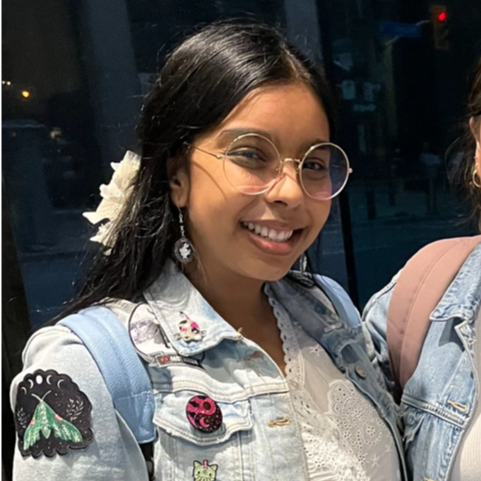
Jamie Singh
Sexual Diversity Studies; Women & Gender Studies (WGSI)
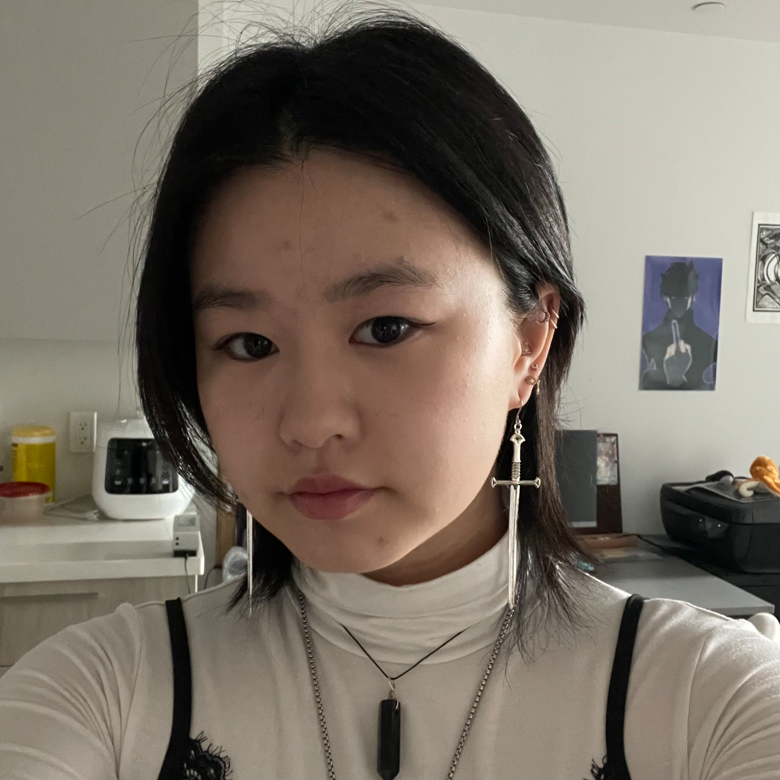
Erin Huang
Sexual Diversity Studies; Ecology & Evolutionary Biology

Linda Li
Sexual Diversity Studies; Ethics, Society, and Law
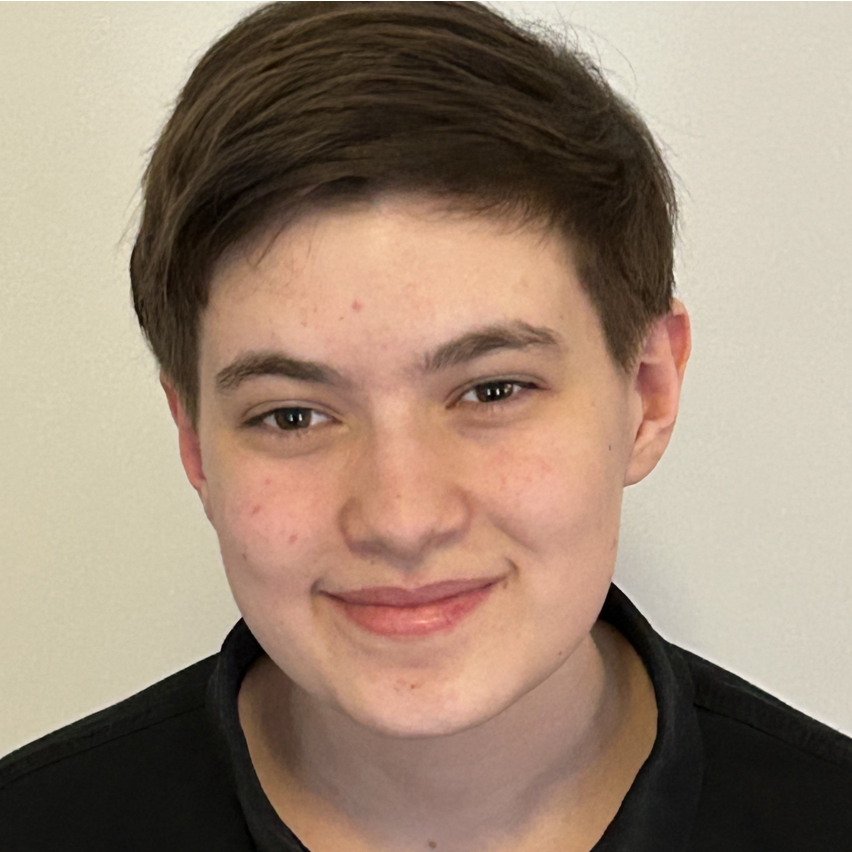
Avery Clague
Sexual Diversity Studies; Archeology; Geographic Information Systems
Emerging Project Fellowships

End of the Line Press: a publisher of poetry, prose, and visual art monographs by trans, non-binary, and Two-Spirit artists
Primary Investigators
Hugh O’Neill, PhD Candidate, Centre for Comparative Literature
Sarah Dowling, Assistant Professor, Centre for Comparative Literature
Rebecca Comay, Professor, Centre for Comparative Literature and Department of Philosophy
The first of its kind, End of the Line Press will be an independent publisher of prose, poetry, and visual arts monographs with a focus on support for emerging trans, non-binary, and Two-Spirit creators. As the organization grows in the coming years, the press will form a worker cooperative constituted by its authors, editors, designers, and artists. The primary goal is to enable and to uplift emerging authors and artists by offering editorial assistance tailored to their projects and promotional backing to advance their work and build their audiences. Established artists will provide guidance for each author to be published, thereby ensuring that they have a network of encouraging readers and designers with which to work in collaboration. Trans literature, as a nascent tradition, is making space for itself in universities and on library shelves. End of the Line Press aims to be a part of this growth and to shift the power of representation, especially in gender expression and identity, from media industries writ large to the very artists who do the creative labour yet lack institutional access and support. End of the Line Press will welcome prose of all genres, such as Young Adult novels, essay collections, memoirs, cookbooks, and short story collections.

Queer Scarborough “On Paper”: Toward a Queer of Colour Archival Practice
Primary Investigators
Keith Cheng, MA Candidate, Adult Education and Community Development, Ontario Institute for Studies in Education (OISE), University of Toronto
Dirk J. Rodricks, PhD, Assistant Professor, Ontario Institute for Studies in Education (OISE), University of Toronto
David Fernández, Head, Department of Rare Books and Special Collections, Thomas Fisher Rare Book Library, University of Toronto
Rainée Nelson, Peer Researcher (Community Partner)
Sky Ffrench, Peer Researcher (Community Partner)
Jega Delisca, Peer Researcher (Community Partner)
Andrea Charise, PhD, Associate Professor, Dept. Health and Society, University of Toronto Scarborough
Scarborough is an eastern district of Toronto with a rich, distinct history and culture shaped by its large racialized and immigrant populations. While narratives around queerness in Toronto are often situated within the downtown core, Scarborough has long been a space where queer people – and, particularly, queer people of colour – have existed and resisted. It was, as Richard Fung states in Marvellous Grounds (2018), where some of the first conversations around queerness within a Tamil context were held and it is where the queer narratives of literary works like David Chariandy’s Brother (2017) and Catherine Hernandez’ Scarborough (2017) are set. Despite this recent attention placed on highlighting the unique experiences of queers in Scarborough, there remains a lack of formally documented history of queerness in the east end. Our collective of university researchers, community organizers, lived experience (peer) collaborators, and arts workers, aims to document these missing histories, by exploring how digital spaces and artistic practice can expand notions of community and build new ones.

Spazi sicuri / SafeSpaces – Unveiling the Queer Italian-Canadian Experience
Primary Investigators
Dr. Paolo Frascà (he/they; lui), Assistant Professor, Teaching Stream (continuing track), Department of Italian Studies, Affiliate Faculty at Mark S. Bonham Centre for Sexual Diversity Studies, Affiliate Faculty at Global Migrations Lab (Munk School of Global Affairs and Public Policy), University of Toronto
Dr. Licia Canton (she/her), Co-Director of Queer Italian-Canadian Artists: Ethnic Belonging and Cultural Production, Frank Iacobucci Centre for Italian-Canadian Studies (University of Toronto); based in Montréal.
Liana Cusmano (they/them), award-winning author, spoken-word artist, and filmmaker; based in Montréal.
Vincenzo Pietropaolo (he/him), award-winning photographer and author; based in Toronto.
The subscription to heteronormative and traditional values has played an important role in the preservation of Italian cultures in Canada and in the integration of Italian communities into the Canadian mainstream, within the colonial operations of white settler-dominated “multiculturalism”. These phenomena have caused the marginalization of members of Italian-Canadian communities who belong to gender and sexual minorities; these dynamics have also led to the erasure of histories of sexual and gender diversity in Italian-Canadian communities. Our research-creation, community-oriented literary-photographic exhibit documents queer Italian-Canadians and their “safe spaces” through a combination of photographs by Vincenzo Pietropaolo and poetry/poetic prose Liana Cusmano, both award-winning creators. Thanks to the Emerging Projects Grant, the exhibit will be expanded to include ten additional urban and rural locations and it will travel to three locations: Vancouver, Winnipeg, and the University of Toronto. This project is connected to and inspired by community and academic efforts related to queer Italian-Canadian life and cultural production: these include the two anthologies of queer Italian-Canadian writing (2021; 2024; ed. Licia Canton), the documentary “Creative Spaces: Queer and Italian-Canadian” (ed. Licia Canton) and the SSHRC/Jackman-funded research project “Queer Italian-Canadian Artists: A Study on Ethnic Belonging andCultural Production” (co-directed by Paolo Frascà and Licia Canton; website: www.qic-artists.com). This is a community building project, pan-Canadian, bridging multiple generations, locations, genders, and sexualities, connecting the academic and artistic communities as well as visual and literary fields. The publication of a volume based on the expanded exhibit is planned for 2026.
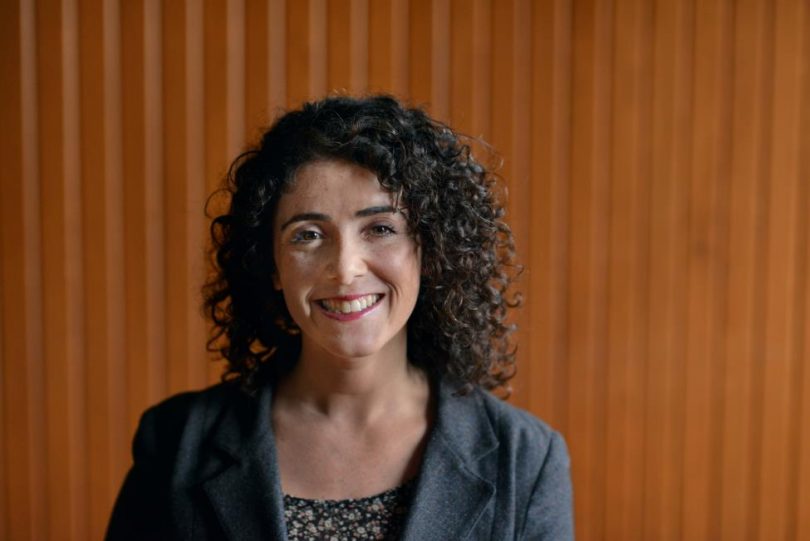
2SLGBTQ+ FAMILY BUILDING CANADA
Primary Investigators
Dr. Laine Halpern Zisman, Postdoctoral Fellow, School of Public Health and Social Policy, University of Victoria
Gabrielle Griffith, Program Coordinator, Seed/Sprout with Birth Mark; Support and the Regional Coordinator for RESPCTT, Birth Place Lab
Jen Goldberg, RM; MPH; PhD Candidate in Social and Behavioural Health Sciences, Dalla Lana School of Public Health, University of Toronto
Michelle WY Tam, PhD Candidate, Division of Social and Behavioural Health Science, Dalla Lana School of Public Health, University of Toronto
Dr. Lori Ross, Associate Professor in the Social and Behavioural Health Sciences Division, Dalla Lana School of Public Health, University of Toronto
Dr. Daniel Grace, Associate Professor, Dalla Lana School of Public Health, University of Toronto
Anna Penner, Program Manager, 2SLGBTQ+ Health Hub
Elgin Pecjak Ripun, Ph.D. Candidate, Feminist and Gender Studies, University of Ottawa
Kia B., RN
Alison Carson
Carly Pettinger
Ana Luisa Santo
Amelia Wynter, Social Work Psychotherapist, MSW, RSW
2SLGBTQ+ Family Building Canada (FBC) is a national resource for reproductive justice, community fertility support, and healthcare provider training. Our research, online platform, and activities respond to diverse community needs for education, services, and advocacy in reproductive journeys.With inadequate information available for 2SLGBTQ+ people trying to navigate family building in Canada and limited 2SLGBTQ+ trainings available in standard healthcare curriculum, many individuals face barriers in creating or expanding their families in Canada. Our online platform helps individuals and families navigate their next steps, understand their options, and address barriers. Fromthe political to the familial, FBC provides supports and strategies for all families. Bridging theoretical analysis and meaningful community engagement, our project activities aim to improve both community access to services and training for care providers. Created in partnership with Birth Mark’s Seed andSprout program, FBC is working to assess community needs and develop an expansive network of programming that supports 2SLGBTQ+ families(familybuildingcanada.com). Developed and facilitated by community members, researchers, and care providers, our community-based research and activities respond to gaps in knowledge and services

